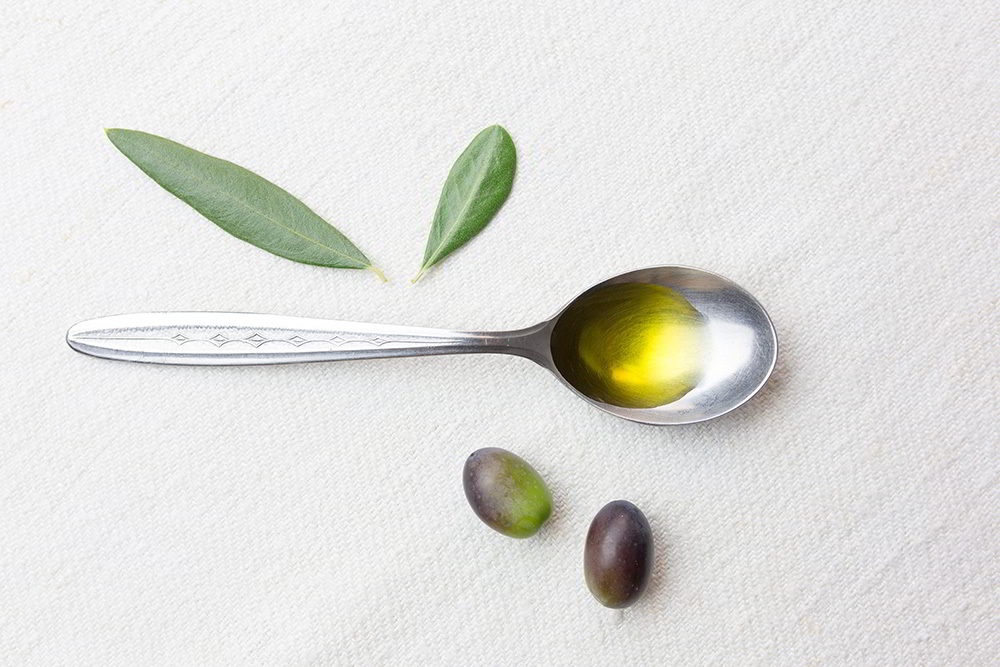Quality
A high
Qualitative Standard
for the extra virgin olive oil
Discover moreOur oil is great for your health! Extra -virgin olive oil is a fundamental element of the "Mediterranean diet" which for some years has been synonymous with taste and health all over the world. In fact, compared to other vegetable-based condiments, extra -virgin olive oil is certainly the tastiest, but also the most beneficial.
A feature that arises first of all from the fact that it is the only oil obtained simply by squeezing the olive, without the help of chemical solvents or other industrial interventions, as is the case with other vegetable oils or fats. Extra- virgin olive oil contains powerful antioxidants, vitamin E and polyphenols in significant quantities.
In addition, quality extra -virgin olive oil is healthy for you precisely because it is good: it adds and enhances the flavor of food, and is the condiment with the best balance of fats. In fact it is low in saturated fats, responsible for the increase of cholesterol levels in blood, it is rich in monounsaturated fats, i.e. oleic acid, and contains essential polyunsaturated fats w6 and w3 in the correct ratio between them, and practically similar. to those of breast milk fat, positively influencing our body.
In most of the seed oils the polyunsaturated fats w6 and w3, besides not having an optimal ratio, are present in high quantities causing the formation of free radicals and engaging vitamin E exclusively in its antioxidant role, thus nullifying its vitamin activity.

Polyunsaturated fatty acids (linoleic and linolenic) abound in seed oils, reduce LDL- cholesterol (the bad one) in the blood, but also reduce HDL-cholesterol (the good one!). We still need to know that animal organisms are unable to manufacture linoleic and linolenic acids, so we must necessarily take them in our diet. BUT WITHOUT EXAGGERATING! In fact, polyunsaturated acids are also highly unstable and an excess of them is not necessary, it is even harmful to the body. They oxidize very quickly, forming free radicals, thus contributing to cellular aging, and causing various types of tumors, and in particular colon and breast cancer.
Monounsaturated fatty acids (oleic acid), abound in olive oil, significantly reduce LDL cholesterol (the bad one!) Without decreasing good or HDL cholesterol. In addition, they have excellent resistance to oxidation.
Vitamin "E": The oxidation of fats is counteracted by the antioxidant substances present in the foods themselves. A right balance occurs when the ratio between vitamin E and linoleic acid is greater than 0.79. In seed oils this ratio is unfavorable and variable between 0.30 and 0.50, while in olive oil it is equal to 1.87, or more than double what is necessary to safeguard the formation of endoperoxides which, by activating the aggregation of platelets, increase the risk of thrombosis. The good ratio between vitamin E and polyunsaturated acids also fights the formation of free radicals in the body, thus counteracting the aging processes of cellular structures, carcinogenesis, liver damage, and atherosclerosis itself.
Polyphenols: The olive is a lucky exception in the natural world: it is a fruit in which the fat is present in a small part in the seed (the stone) and the remainder is present in the watery fruit. In oils derived from seeds, the fat is instead contained entirely in the seed. Nature has therefore given the olive and therefore its oil a group of substances, very powerful antioxidants in addition to the high contents of vitamin "E": polyphenols. In addition to their antioxidant action, they also play a very important role in giving extra- virgin olive oil that lively, slightly bitter and spicy taste that plays a very important physiological role in nutrition, improving the palatability of food and giving foods better digestibility
Fonte: http://www.frantoionline.it